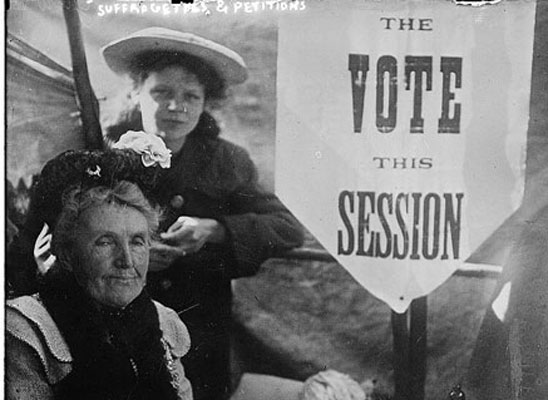Germaine Greer. Chris Brown. Geert Wilders. Israeli universities.
Hold up, let me backtrack. Recently, students from Cardiff University created a petition to stop Germaine Greer, famed feminist and known transphobe, from delivering a lecture at their campus on 18 November 2015.
The petition, started by the university’s student union women’s officer Rachel Melhuish, urged the university to cancel the event because Greer ‘has demonstrated time and time again her misogynistic views towards trans women, including continually misgendering trans women and denying the existence of transphobia altogether.’
When asked about the petition, Greer reiterated her position.
What they are saying is because I don’t think surgery will turn a man into a woman, I should not be allowed to speak. I do not know why universities cannot hear unpopular views and think about what they mean.
But is transphobia an ‘unpopular view’? The fact that Greer continues to be celebrated as a feminist while objectifying, excluding and denigrating women based on their bodies suggests that misogyny doesn’t count when it’s directed specifically at trans women. As Payton Quinn said in The Huffington Post:
If you believe that trans women are women, as you should because they are, then what Germaine Greer is espousing in her campaign against them is misogyny and surely no feminism should include any form of misogyny.
Greer had been scheduled to speak at Cardiff University about ‘Women and Power: The Lessons of the Twentieth Century’. If nothing else, by failing to recognise women who are trans as women, and as both agents and subjects of feminism, Greer is missing one of the crucial lessons of the last century on women and power. But while Greer is given the podium at universities as an international expert on feminism, trans feminists rarely have such a platform.
Most of the responses to the Cardiff petition follow a familiar liberal template for discussion on bans and boycotts. Whether the topic is Germaine Greer’s misogyny towards trans women, Chris Brown’s history of partner violence, Geert Wilders’ denial of the Holocaust, the Sydney Biennale’s links with the detention industry or Israeli universities’ role in the occupation of Palestine, it’s a template that pits vilification against free speech, asking: what is bad enough to justify a ban or boycott? What do you have to say or do to deserve silencing?
But does the petition silence discussion? Or is it just a strategic way of speaking? The students who started the petition don’t actually have the power to decide whether or not Greer is ‘allowed to speak’, as she puts it. The university has responded by saying that it won’t cancel the planned talk. Even if it had, Greer is unlikely to find herself without a platform or an audience. But that doesn’t necessarily mean the petition has failed.
Whether or not Greer speaks at Cardiff University, the petition has successfully highlighted that there is a feminist opposition to Greer’s anti-trans views. It’s helped draw attention to a growing movement of women who will challenge anyone who purports to speak as a feminist yet vilifies women or seeks to narrow the field of how a woman should look, sound or behave.
Earlier this year in Australia, GetUp created a petition calling on the government not to grant a visa to Chris Brown, a singer and celebrity with a known history of violence against women. Later, after significant criticism pointing out the ways in which the campaign reinforced border violence against non-citizens, racism against black men, the legitimacy of the state, and a system of violence against women of colour, GetUp pulled the petition and issued an apology.
The questions of whether a ban or boycott is justified always remind me of Naomi Klein speaking about the campaign for Boycott, Divestment and Sanctions against Israel:
Boycott is not a dogma; it is a tactic.
As a tactic, the petition to deny Chris Brown a visa was ineffective because it relied on machinery that defeated its own aims. Australia’s border system is violent towards women; you can’t make use of it without shoring up its power.
It’s not possible to establish a rule for when we should contest an ideology within a public forum, versus when we should call for it to have no platform. First, there is no cohesive ‘we’ here. Each of these issues is negotiated in the moment by innumerable disparate groups with different values. Second, this draws a false opposition, as the call for ‘no platform’ is often itself a public contestation of ideologies. As a tactic, the petition to ban Germaine Greer allowed student feminists’ views to gain more equal exposure in the international media, when the university would have been unlikely to give them a shared platform with her.
Bans, boycotts, divestments and sanctions aren’t about silence versus dialogue. They are part of an arsenal of protest tactics. Sometimes they are the only way of cutting through the noise, to make some space for something else to be heard.







